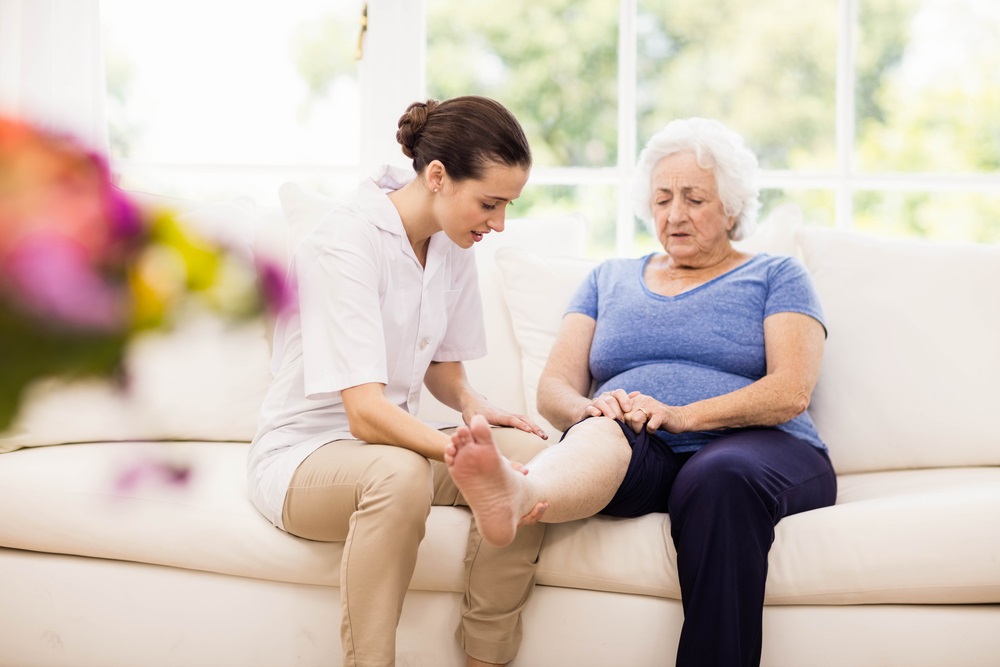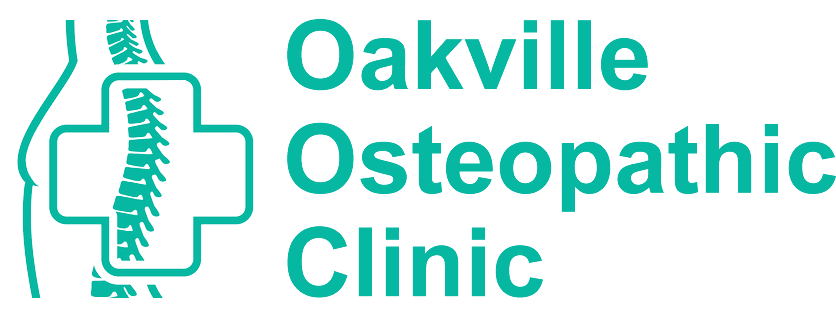Are There Any Groups Of People Who Should Avoid Osteopathic Treatment, Such As Pregnant Women Or Elderly Patients?
Osteopathy is a form of therapy that focuses on the body’s structure and its ability to heal itself. It has been used for many years, and there are now even specialized osteopathic treatments available for different conditions. But with all forms of treatment, it’s important to consider who should or shouldn’t receive them. Are there any groups of people who should avoid osteopathic treatment? This article seeks to answer this question by exploring whether pregnant women or elderly patients might need to be more cautious when considering an osteopathic treatment.
When it comes to medical treatments, safety always needs to come first. The last thing anyone wants is for something meant to help them to end up causing harm instead. So what about those who may be considered more vulnerable – such as pregnant women or elderly patients? Is osteopathy safe and appropriate for these individuals?
To understand this better, we must look at how the practice works and how it differs from other forms of physical therapy. We’ll also examine some potential risks associated with receiving an osteopathic treatment while pregnant or in old age. All in all, this article will provide valuable insight into whether certain groups should avoid particular kinds of treatments altogether.
Overview Of Osteopathic Treatment
Osteopathic treatment is a holistic approach to healing that involves manipulating and massaging the muscles, tendons, ligaments, nerves, and other tissues to restore balance and health. It can be used for many different conditions such as back pain, joint dysfunction, or headaches. The gentle touch of an osteopath helps to reduce tension in the body, allowing it to heal at its own pace.
It’s like having your very own personal masseuse; one who understands your body’s needs better than you do! With this comforting knowledge comes a sense of safety and relaxation that allows your mind and body to work together toward recovery. Osteopathy is non-invasive yet powerful, providing relief from physical pain while helping you feel emotionally balanced again.

Who Is Not Suitable For Osteopathic Treatment
Osteopathic treatment can be beneficial for many people, but there are certain groups of individuals who should avoid it. Pregnant women or those with a history of uterine disorders such as fibroids may experience increased discomfort through manipulation, and therefore should not receive osteopathy unless advised by their obstetrician. Elderly patients too often have fragile bones and joints that could be further damaged due to the physical manipulations used in this form of therapy. People with severe arthritis or connective tissue issues might also find themselves at risk from an osteopath’s techniques. The elderly and those suffering from chronic pain conditions should always consult their physician before considering any type of manipulative therapy.
That said, when performed correctly and judiciously, osteopathy is generally safe even for pregnant women and older adults. In some cases, its unique approach to healing has been shown to provide relief from symptoms associated with these age-related health concerns without causing harm. Ultimately, only the patient’s doctor can make the best decision regarding which forms of treatment they will pursue based on individual circumstances. With this in mind, it is important to understand the potential risks of osteopathic treatments for certain groups so one can weigh up the pros and cons prior to making a final decision about whether to proceed with this type of care or not.
Risks Of Osteopathic Treatment For Certain Groups
It is important to note that there has been a steady decrease in the number of osteopathic treatment-related injuries in recent years, with only about 2% of patients reporting an adverse event. However, certain groups may face additional risks when undergoing this form of manual therapy. Pregnant women should take extra caution before deciding on osteopathic treatment as it can cause contractions and other complications during pregnancy. Elderly patients may also be at risk due to the potential for falls or slipping while receiving manipulation techniques.
Patients with certain medical conditions such as diabetes, cancer, neurological issues, or heart disease should speak to their doctor before considering osteopathy, as some treatments could worsen these existing health concerns. Additionally, those who have had spinal surgeries in the past may find that they are more sensitive to touch and require special consideration when being treated by an osteopath. It is essential to ensure that any underlying medical condition is taken into account prior to starting treatment so appropriate safety measures can be put in place. With all this in mind, let’s now look at alternatives to consider if one does not wish to pursue traditional forms of osteopathy.
Alternatives To Osteopathic Treatment
Yes, there are certain groups of people who should avoid osteopathic treatment. Pregnant women and elderly patients may be more susceptible to the risk of harm from manual manipulation techniques used in osteopathy. For these individuals, it is important to discuss any concerns with their doctor before undergoing this type of therapy.
For those who cannot receive traditional osteopathic care due to medical conditions or lifestyle concerns, there are still many alternative therapies available that can offer similar benefits without the same risks. Acupuncture, massage therapy, chiropractic adjustments, physical therapy, and yoga are all non-invasive options for treating musculoskeletal issues that may provide relief for pain and inflammation. In addition, lifestyle changes such as improved diet and exercise habits can also help improve overall well-being. With so many alternatives available, everyone has a chance to find an appropriate form of treatment that works best for them.
While osteopathic treatment is a beneficial and holistic approach to health care for many people, it is important to be aware that not everyone may be suitable for this type of therapy. Certain groups such as pregnant women or elderly patients may have an increased risk if they undergo osteopathic treatment due to their unique circumstances. Therefore, it is essential that these individuals consult with their doctor before attempting any form of alternative medicine.
For those who are unable to pursue osteopathic treatment safely, there are numerous alternatives available that can provide similar benefits without the same risks. These solutions include massage therapies, yoga classes, and acupuncture sessions. By exploring all the options available, each individual can determine the best course of action that suits their specific needs and lifestyle choices.
Overall, knowledge is power when it comes to understanding how different treatments affect us in different ways. Taking time to research any potential medical procedures will help ensure we make safe and informed decisions about our own health journey – no matter what path we choose!
